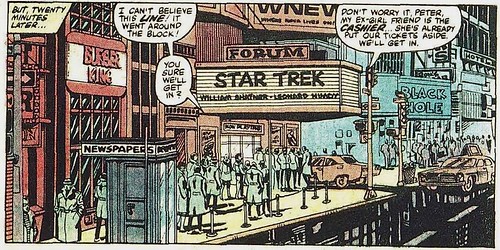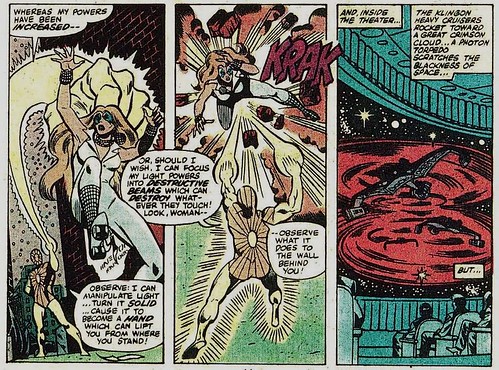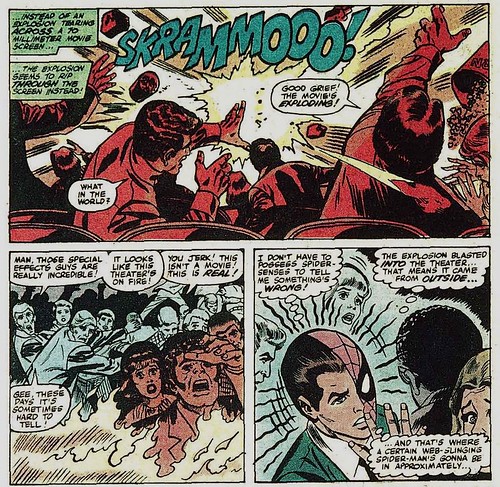As I recall, I was sometimes coy and phrased things so that it was ambiguous as to whether, say, Emma Peel was being referenced as a real person or a fictional character on a TV show.
So, the way they handled Superman's appearance on I Love Lucy. Is it George Reeves as Superman, or is it actually Superman?



